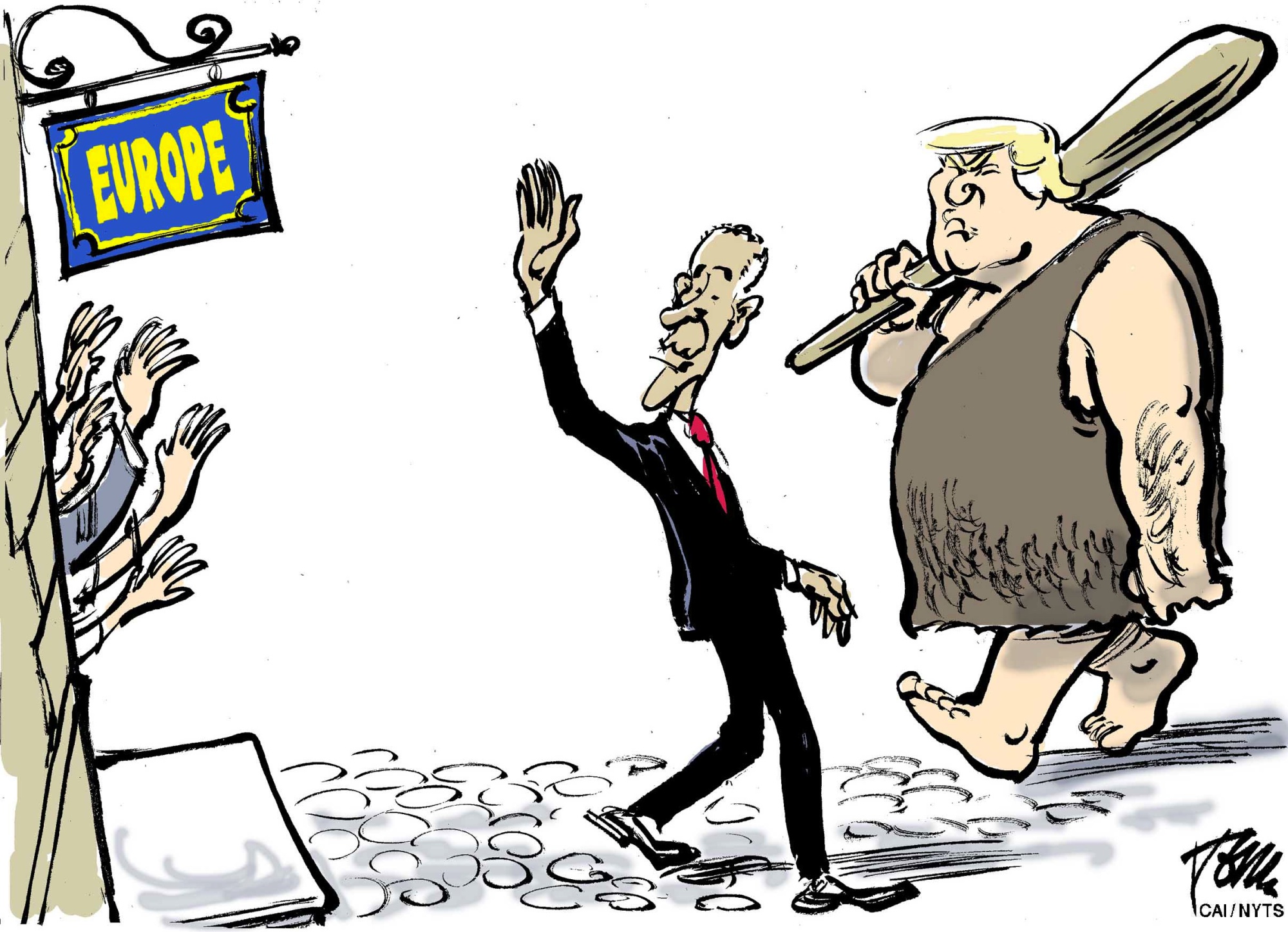Robin Cook, who was the British foreign secretary from 1997 to 2001 and who resigned from the government of Tony Blair in 2003 over Iraq, tried to develop what he termed an ethical foreign policy. He believed that this was in the long-term national interest. He resigned from the government when Blair decided to support an attack on Iraq to remove Saddam Hussein despite the lack of U.N. backing for military action. Blair argued that this was morally justified and that the British national interest made it imperative that Britain should support the U.S. invasion.
In the 20th century, most democratic countries have at least paid lip service to moral values and to upholding international law in deciding their policies. The defense of basic human rights also grew in importance. Where national interests were allowed to override moral and legal considerations, states generally at least did their best to disguise their motives, even if their defense was condemned as hypocrisy.
The long history of conflict between European powers and over colonial expansion led consecutively to the formation of the League of Nations, and when that failed to the United Nations and its organs. The Soviet threat and the Cold War led to the formation of NATO and gave an impetus to the development of what in due course became the European Union. The EU had its origin in the imperative need for reconciliation between France and Germany as the basis of future peace in the continent. All these developments were agreed in the long-term national interests of the participating states.

















With your current subscription plan you can comment on stories. However, before writing your first comment, please create a display name in the Profile section of your subscriber account page.